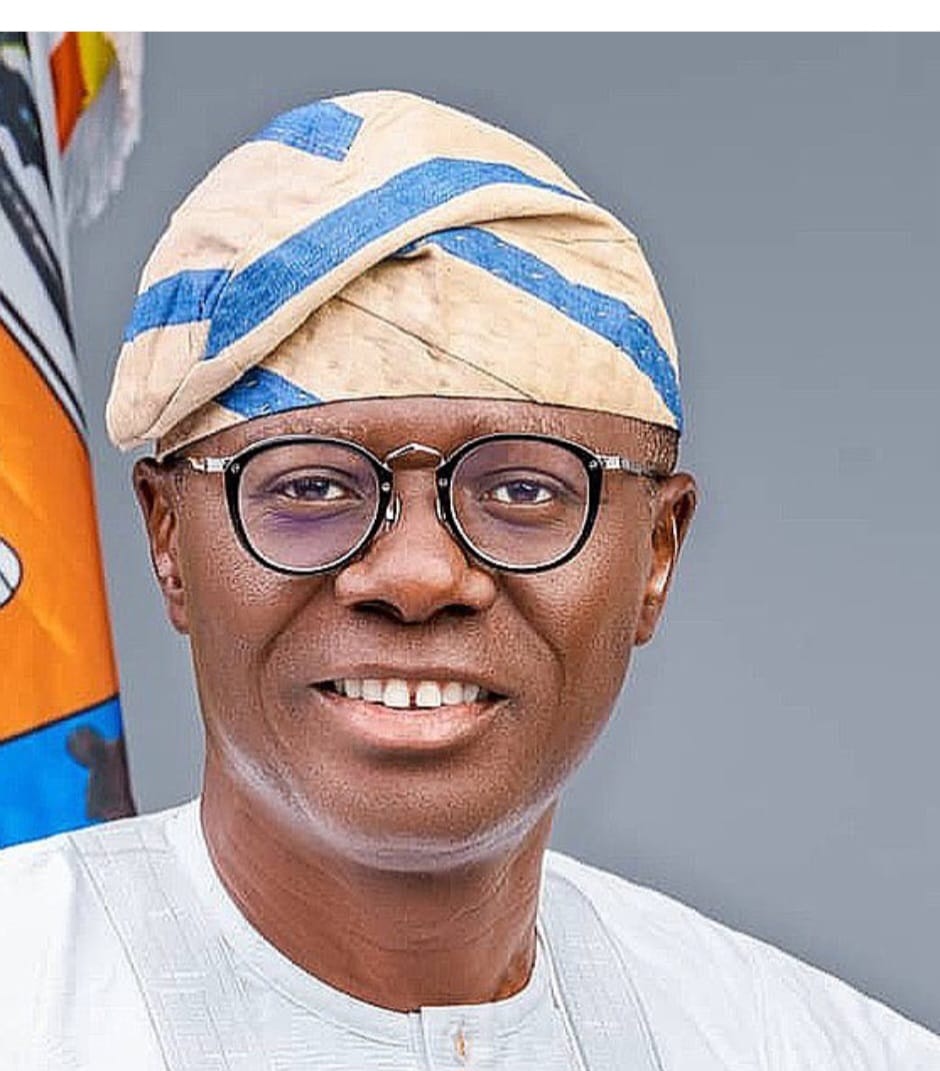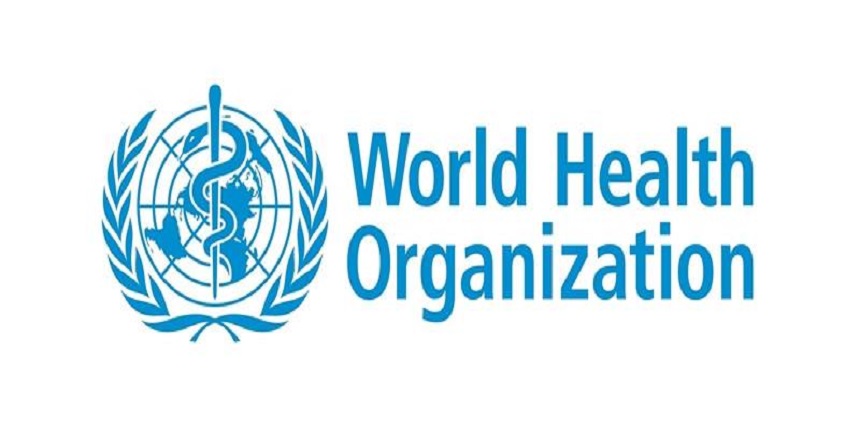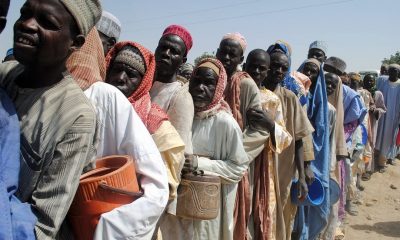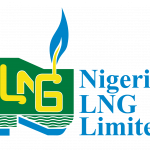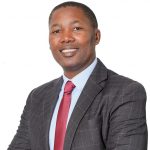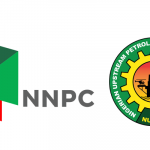Health
WHO Organises Forum to Strengthen African Health System
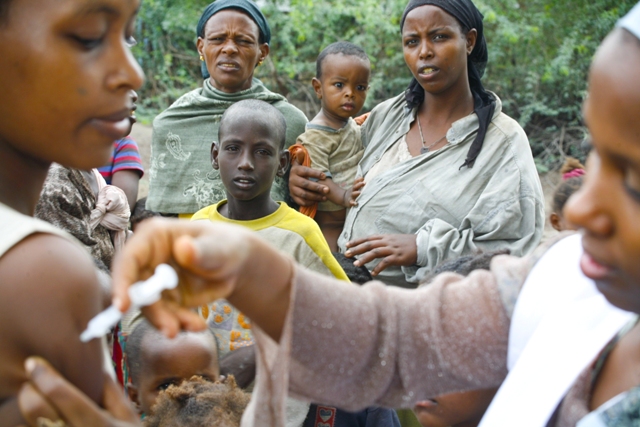
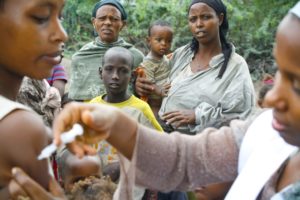
By Modupe Gbadeyanka
The First Regional Forum on Strengthening Health Systems for the Sustainable Development Goals (SDGs) and Universal Health Coverage (UHC) opened today in Windhoek, Namibia with the theme ‘Healthy Systems, Healthy People: Making Universal Health Coverage Work for Africa.’
The forum, organized by the World Health Organization Regional Office for Africa (WHO AFRO) in collaboration with the government of Namibia, will initiate the WHO Africa Region’s actions towards implementation of the health SDG and Universal Health Coverage.
In particular, the forum aims to bring the technical leadership of Ministries of Health together with partners and other stakeholders to share experiences and agree on an African approach to building sustained, resilient and robust health systems.
It will also aid countries to create a set of common measurable actions needed to develop effective health systems across the region in order to propel them towards attaining Universal Health Coverage and achieving the SDGs.
“We must see health as a prerequisite, a determinant and an outcome of all the SDGs, and not merely the ‘health goal’,” Dr Matshidiso Moeti, WHO Regional Director for Africa, said at the opening of the Forum, calling on governments to provide the necessary stewardship in order to reach UHC and SDG targets.
In September 2015, the UN General Assembly adopted the SDGs, of which Goal 3 addresses health, underpinned by a target on UHC.
The health goal, among others, addresses the unfinished Millennium Development Goals (MDG) agenda as well as incorporates emerging issues such as non-communicable diseases, injury prevention and environmental health.
The SDGs therefore require effective health systems in countries, with services that are designed and distributed towards achieving UHC – leaving no-one behind.
Making health coverage universal requires ensuring that everyone is able to access health services without economic, cultural, social, geographic or system-related barriers. It is only when inequities of systems such as unavailability of essential medicines, shortage of human power and delays due to inefficient logistics are addressed – and systems enabled to overcome these challenges – that the SDGs can be achieved and Universal Health Coverage attained.
Speaking on behalf of the Prime Minister of Namibia, and expressing her country’s determination to pursue the SDGs for the betterment of the lives of the Namibian people, Laura McLeod Katjirua, Governer of Khomas Region, said, “We are expecting that this forum, which is the first of its kind in Africa, will help expedite the efforts of countries in the Region towards Universal Health Coverage and achievement of SDGs. Hence, strengthening the health systems is an indispensable prerequisite to realize our goal of a healthy nation.”
Health is at the core of building wealthy and secure nations, and health systems are at the core of all efforts to ensure health for the people of the African Region. Hence, countries need resilient and robust health systems in order to deliver on their health agenda, mitigate dangers to health, lives and livelihoods caused by emergencies and disease outbreaks, and eventually meet the targets of the SDGs and attain universal health coverage.
Dr Moeti noted, “Investments in health systems are an important insurance for securing societies and their development,” calling for a high level political commitment with a clear vision of health in the SDGs to be at the heart of countries’ efforts. She further underscored the need to develop “mechanisms to ensure in-depth inter-sectoral engagement and thereby to reinforce multi-stakeholder commitments and collaboration.” As expressed by the Regional Director, involving communities, harnessing modern technologies and intensifying research and gathering and monitoring of data is also key to ownership, successful implementation and sustainability of health programs leading towards the achievement of the SDGs.
WHO AFRO will intensify its health advocacy efforts across governments to ensure that the SDGs and Universal Health Coverage remain at the forefront of political and development agendas. It will also continue to create an evidence base to support the development and implementation of SDG-oriented national policies, strategies and plans as well as people-centred health services. It will further intensify its health system strengthening efforts to ensure both country and global public health security and resilience.
Health
Interswitch Takes eClinic Electronic Medical Records to Abia
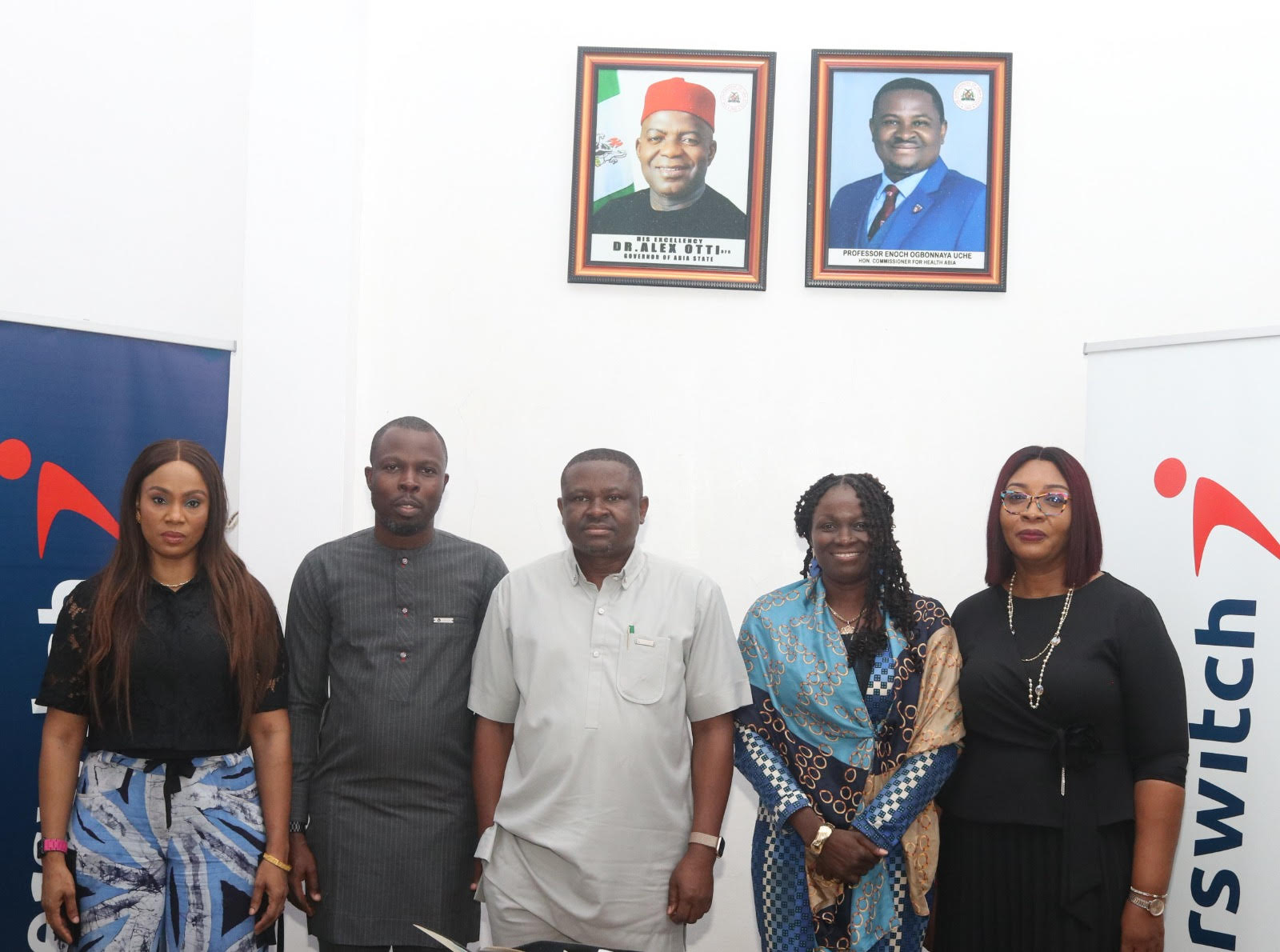
By Aduragbemi Omiyale
To boost public healthcare delivery, the health-tech subsidiary of Interswitch, Interswitch eClat, has deployed its eClinic Electronic Medical Records (EMR) platform across public health facilities in Abia State.
This would be done in phases, with the kick-off phase to span six public health facilities, including three primary healthcare centres, two secondary facilities, and one tertiary hospital, creating an end-to-end digital care pathway that strengthens patient referrals, supports continuity of care, and enables data-driven decision-making across all levels of service delivery.
The EMR solution is built to reduce patient waiting times, strengthen referral processes, and ensure the secure handling of both clinical and administrative data, supported by a hybrid infrastructure that enables local hosting with cloud-based backup.
Officials of the leading African technology company held talks with the state government, especially from the Abia State Ministry of Health in Umuahia.
They discussed the implementation framework, and expected outcomes of the proposed eClinic deployment.
Discussions focused on deploying Interswitch’s eClinic solution in alignment with Abia State’s broader healthcare reform agenda under the current government’s administration, particularly the transition from fragmented, paper-based systems to secure, interoperable digital platforms across public health facilities.
“The Ministry of Health in Abia State is excited about the digitisation of health facilities, starting with Interswitch’s eClinic pilot phase involving three primary, two secondary, and one tertiary health centre.
“This initiative will enhance efficiency, accountability, and patient care by linking records across different levels of care.
“Global evidence shows that digital health improves access, reduces the cost of care, and maximises human resources while personalising services for our people.
“This partnership with Interswitch represents a key deliverable for this administration and aligns with the Governor’s vision for a modern, technology-driven health system,” the Commissioner for Health for Abia State, Mr Enoch Ogbonnaya Uche, said.
“Abia State has demonstrated a strong commitment to innovation and system reform. The alignment of the state’s healthcare priorities with national health digitisation objectives creates a solid foundation for meaningful progress.
“Interswitch’s eClinic platform is designed to improve hospital operations by automating workflows, securing patient data, and providing healthcare managers with reliable insights to guide decisions.
“Beyond improving patient experience, it supports stronger revenue tracking, operational efficiency, and accountability. Our focus is to ensure the success of this pilot phase and deliver tangible improvements across productivity, service delivery, and patient satisfaction,” the Vice President for Health Ecosystem (Public Sector) at Interswitch, Mr Babatunde Fadeyi, stated.
Health
Polaris Bank Sponsors Free Breast, Prostate Cancer Screenings
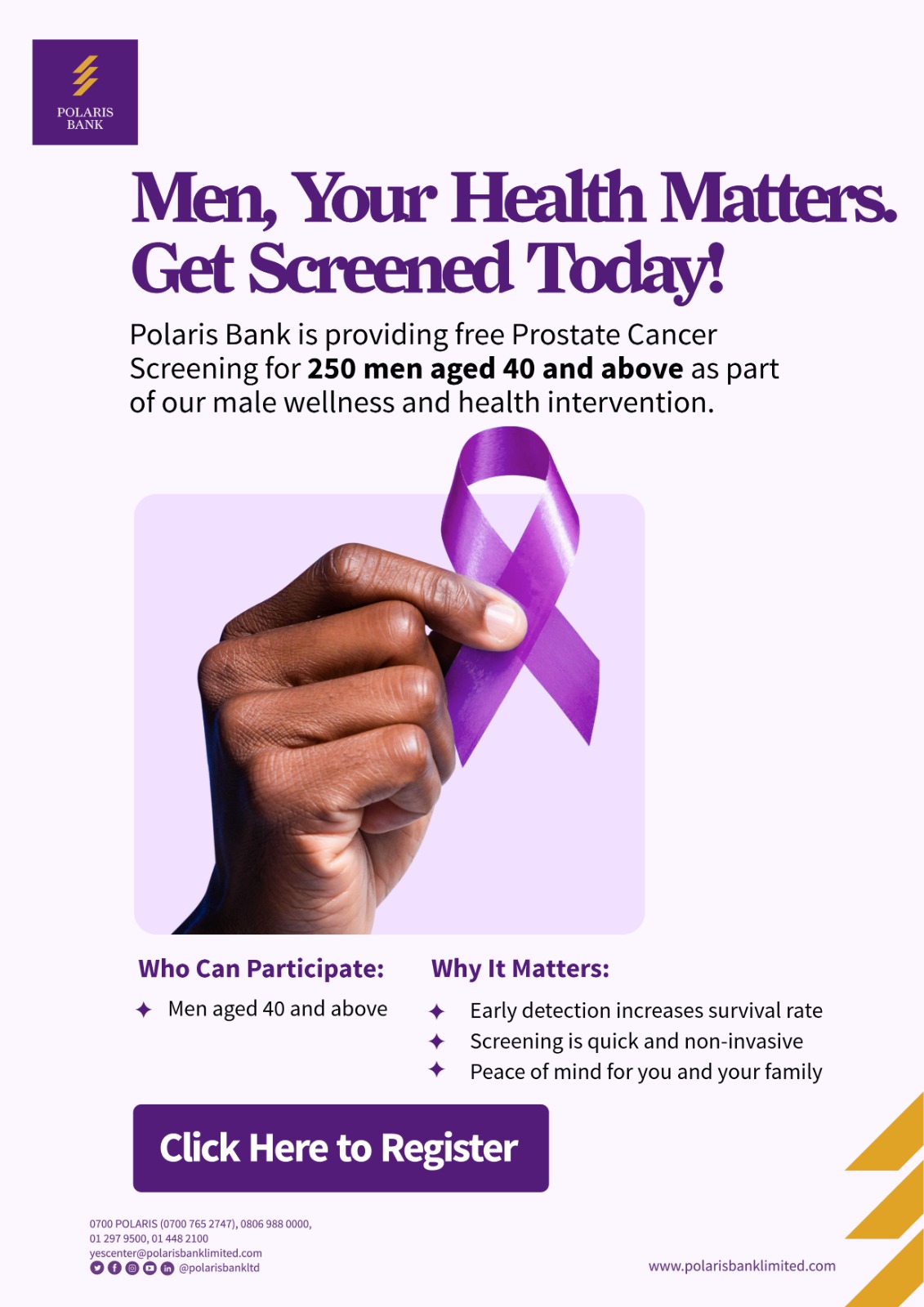
By Modupe Gbadeyanka
To commemorate World Cancer Day observed on Wednesday, February 4, 2026, Polaris Bank Limited is bankrolling free screenings for breast and prostate cancers across the country.
The financial institution partnered with a non-governmental organization (NGO) known as Care Organization and Public Enlightenment (COPE) for this initiative.
At least 100 women would be screened during the exercise, scheduled for Saturday, February 21, 2026, at the C.O.P.E Centre on 39B, Adeniyi Jones Avenue, Ikeja, Lagos, from 10:00 am to 2:00 pm.
The exercise will be conducted by trained health professionals and volunteers, ensuring participants receive both screening services and educational guidance on cancer prevention, self-examination, and follow-up care.
To participate in the free breast cancer screening programme, the applicants must be women, must be Polaris Bank account holders, and must have registered ahead of the day via bit.ly/BCS2026, with selection based on early and confirmed submissions.
Polaris Bank said the initiative was designed to promote awareness, screening, early detection, and preventive care, reinforcing its belief that access to health services is a critical foundation for individual and economic well-being.
The organization is already supporting an on-going free prostate cancer screening programme for 250 men aged 40 years and above across Nigeria.
The prostate cancer screening is being conducted at the Men’s Clinic, situated at 18, Commercial Avenue, Sabo, Yaba, Lagos, providing accessible, professional medical support for male participants seeking early detection and preventive care for prostate cancer.
Both initiatives (free breast and prostate cancer screenings) directly aligns with the United Nations Sustainable Development Goals, particularly SDG 3 (Good Health and Well-being) through improved access to preventive healthcare and early detection services, SDG 5 (Gender Equality) by prioritizing women’s health and empowerment, and SDG 17 (Partnerships for the Goals) through strategic collaboration with civil society organizations such as C.O.P.E to deliver community-centered impact.
Educational materials, community engagement sessions, and digital awareness campaigns will be deployed to reinforce key messages around early detection, lifestyle choices, and the importance of regular medical check-ups.
The Head of Brand Management and Corporate Communications for Polaris Bank, Mr Rasheed Bolarinwa, emphasised that early detection remains one of the most effective tools in the fight against cancer.
Health
NSIA Gets IFC’s Naira-financing to Scale Oncology, Diagnostic Services
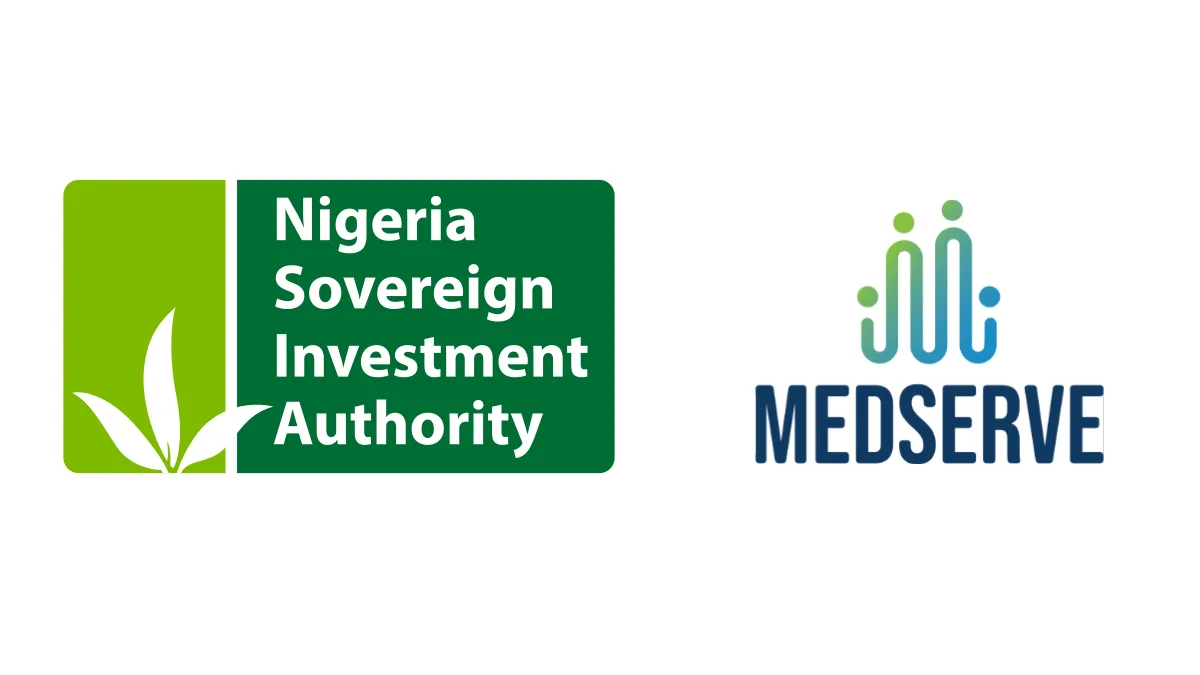
By Adedapo Adesanya
International Finance Corporation (IFC), a subsidiary of the World Bank, and the Nigeria Sovereign Investment Authority (NSIA) have partnered to provide Naira-denominated financing to NSIA Advanced Medical Services Limited (MedServe), a wholly owned healthcare subsidiary of the country’s wealth fund.
Supported by the International Development Association’s Private Sector Window Local Currency Facility, this financing enables MedServe to scale critical healthcare infrastructure while mitigating foreign exchange risks. IFC is a member of the World Bank Group.
The funds will support MedServe’s expansion program to establish diagnostic centers, radiotherapy-enabled cancer care facilities, and cardiac catheterisation laboratories across several Nigerian states.
These centres will feature advanced medical technologies, including CT and MRI imaging, digital pathology labs, linear accelerators, and cardiac catheterisation equipment, thereby enhancing specialised diagnostics and treatment.
MedServe provides sustainable service delivery with pricing that matches local income levels, helping ensure broader access to affordable oncology care for low-income patients.
The initiative will deliver over a dozen modern diagnostic and treatment centers across Nigeria, create 800 direct jobs, and train more than 500 healthcare professionals in oncology and cardiology specialties.
The total project size is $154.1 million, with IFC contributing roughly N14.2 billion ($24.5 million) in long-tenor local currency financing, marking IFC’s first healthcare investment in Nigeria using this structure.
This comes as Nigeria advances its aspirations for Universal Health Coverage. This partnership provides an opportunity to leverage private investment to complement government efforts to expand oncology care and diagnostic services.
IFC’s provision of long-tenor Naira financing addresses a significant market gap and unlocks institutional capital for healthcare infrastructure with strong development upside while MedServe’s co-location strategy with public hospitals maximises capital efficiency and strengthens the public-private ecosystem, establishing a replicable platform for future investment.
“This partnership with IFC represents a significant milestone in NSIA’s commitment to strengthening Nigeria’s healthcare ecosystem through sustainable, locally anchored investment solutions,” said Mr Aminu Umar-Sadiq, managing director & chief executive of NSIA.
He added, “By deploying long-tenor Naira financing, we are addressing critical infrastructure gaps while reducing foreign exchange risk and ensuring that quality diagnostic and cancer care services are accessible to underserved communities. MedServe’s expansion underscores our belief that commercially viable healthcare investments can deliver strong development impact while supporting national health priorities.”
“This ambition is consistent with our broader vision for Africa, one where resilient health systems and inclusive growth reinforce each other to deliver long-term impact across the continent,” said Mr Ethiopis Tafara, IFC Vice President for Africa.
-

 Feature/OPED6 years ago
Feature/OPED6 years agoDavos was Different this year
-
Travel/Tourism10 years ago
Lagos Seals Western Lodge Hotel In Ikorodu
-

 Showbiz3 years ago
Showbiz3 years agoEstranged Lover Releases Videos of Empress Njamah Bathing
-

 Banking8 years ago
Banking8 years agoSort Codes of GTBank Branches in Nigeria
-

 Economy3 years ago
Economy3 years agoSubsidy Removal: CNG at N130 Per Litre Cheaper Than Petrol—IPMAN
-

 Banking3 years ago
Banking3 years agoSort Codes of UBA Branches in Nigeria
-

 Banking3 years ago
Banking3 years agoFirst Bank Announces Planned Downtime
-

 Sports3 years ago
Sports3 years agoHighest Paid Nigerian Footballer – How Much Do Nigerian Footballers Earn


